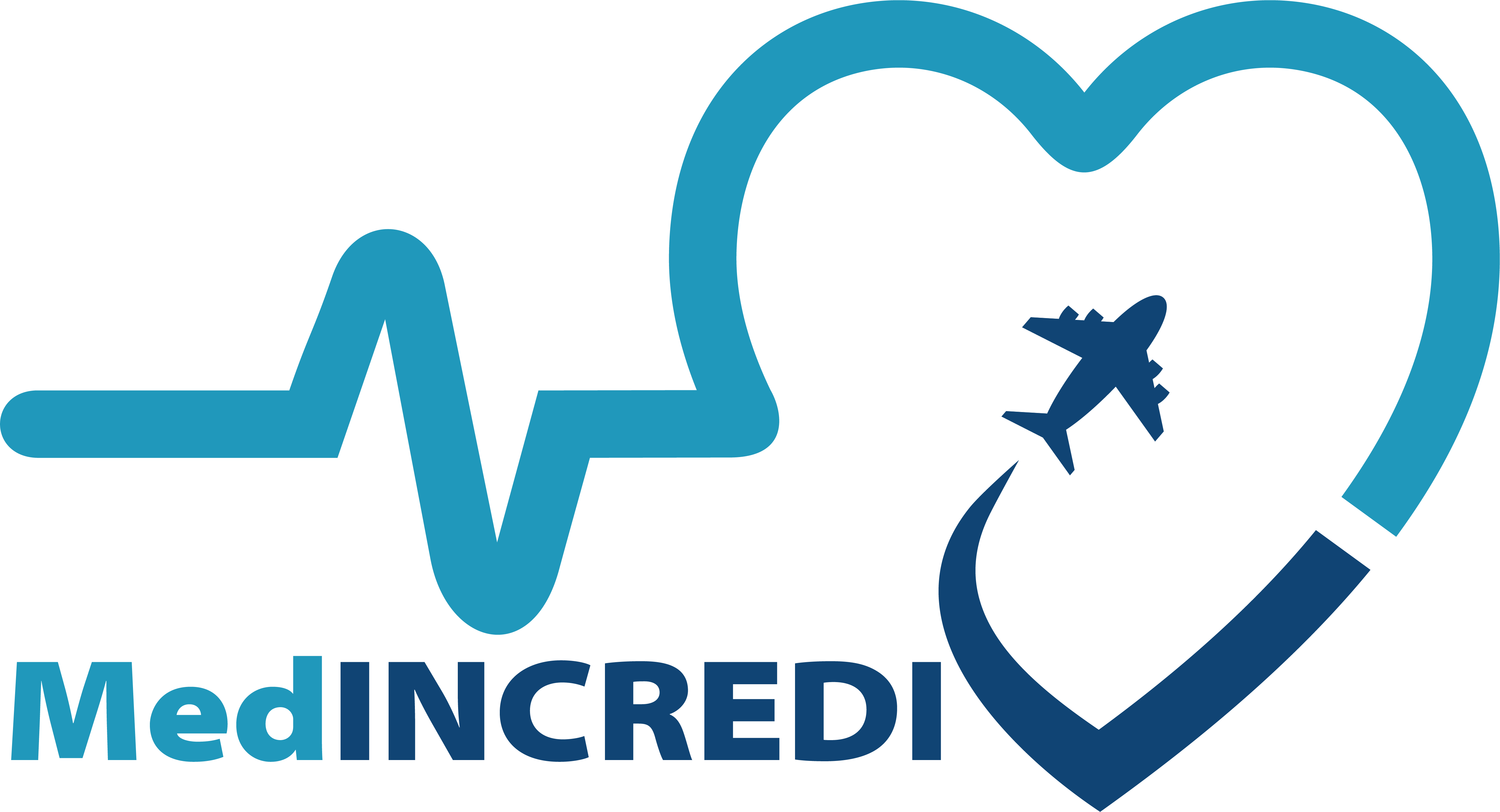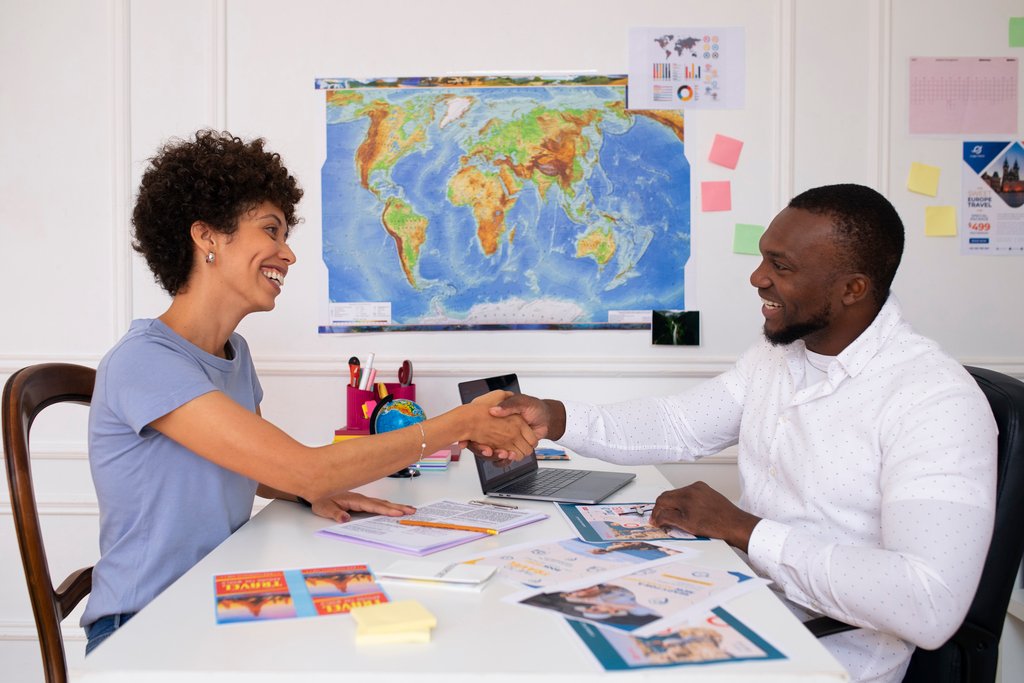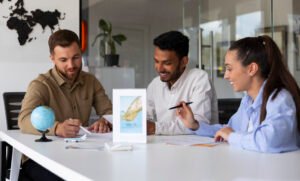Introduction: The Unexpected Journey Begins
What began as a desperate search for affordable healthcare turned into a life-changing experience. I had no idea that my journey across borders for medical help would also become a deep dive into a new culture. Language barriers? Cultural differences? They were real but so were the bridges built along the way.
Why I Chose Medical Treatment Abroad?
The High Cost of Care Back Home
In my country, even a basic surgical procedure can drain your life savings. I was stuck between chronic discomfort and financial ruin. Then I heard about medical tourism, a concept that sounded both fascinating and a little scary.
Researching Affordable Alternatives
After weeks of reading forums, testimonials, and blogs, one destination kept popping up: Tanzania. It wasn’t the most obvious choice, but something about its balance of quality care and affordability intrigued me.
Discovering Medical Tourism Providers in Tanzania
What Drew Me to Tanzania
Tanzania offered something unique: skilled doctors, modern facilities, and the promise of a cultural immersion that didn’t feel fabricated. Its growing network of Medical Tourism Providers in Tanzania promised tailored care in a breathtaking environment.
Initial Expectations vs. Reality
Honestly, I expected communication nightmares, outdated equipment, and awkwardness. But what I found was quite the opposite clean clinics, warm staff, and a strong effort to connect.
First Encounters: Breaking the Ice Across Cultures
Greeting Customs and First Impressions
A cheerful “Karibu!” (which means “welcome”) followed me everywhere. Though I didn’t know much Swahili at the time, the tone of voice and body language spoke volumes.
The Power of a Smile and Body Language
I quickly learned that eye contact, nods, and open gestures go a long way. Even when I didn’t understand everything, I could sense kindness and sincerity.
Language Barriers: The Silent Hurdles
Miscommunications and Funny Misunderstandings
I once asked for “ice” and got “rice.” Another time, a nurse thought I had heart issues when I meant a headache. These moments taught me patience and humor.
Using Translation Apps and Gestures
Google Translate became my best friend. But surprisingly, hand gestures and diagrams on paper were often more effective than tech.
Bridging the Gap: Building Mutual Understanding
How Providers Made Me Feel Comfortable?
Nurses and doctors made eye contact, slowed down their speech, and even used visual aids. They never made me feel embarrassed for not understanding everything right away.
Cultural Training Among Staff
Many hospitals had staff who’d received training in Western hospitality and bedside manner, making interactions smoother and more empathetic.
Traditional vs. Western Practices: Finding Common Ground
My Reaction to Traditional Healing Insights
Some hospitals included traditional herbs in recovery kits. At first, I was skeptical but the locals explained their purpose without pushing. I appreciated the respect for tradition.
Respecting Local Beliefs While Staying Informed
I chose to educate myself instead of resisting what was unfamiliar. That curiosity helped ease a lot of the tension and confusion.
Embracing the Culture Beyond the Clinic
Learning Swahili Basics Helped A Lot
Simple phrases like “Asante” (thank you) and “Pole” (sorry) opened hearts and doors. Locals lit up when I tried even if I butchered the pronunciation.
How Hospitality Transformed My Recovery
Recovery felt less clinical and more human. Neighbors brought soup, nurses shared stories, and I never felt like just a patient.
Challenges Faced and Lessons Learned
Patience, Adaptability, and Openness
Not everything was perfect. Delays happened. Misunderstandings occurred. But staying flexible and curious turned every challenge into a lesson.
Unexpected Cultural Gems I Took Home
From Swahili proverbs to the importance of “pole pole” (taking things slow), I came back not just healed but wiser.
The Role of Medical Interpreters and Local Guides
Real Help in Real Time
Some clinics offered interpreter services. These professionals were more than translators they were cultural bridges who smoothed every step.
Trusting the Local Support Staff
The concierge at my guest house arranged transport, explained customs, and even helped me shop for recovery-friendly meals.
My Personal Medical Journey and Recovery Story
When I arrived, I was apprehensive, yet hopeful. The clinic where I received care had already impressed me with its responsiveness and attention to detail. But nothing prepared me for the depth of professionalism I would encounter during my medical treatment in Tanzania.
Pre-surgery Appointments and Communication
Every test and consultation was explained with care. Doctors used drawings and sometimes even YouTube animations to guide me.
Post-treatment Experience with Tanzanian Hospitality
After surgery, the focus wasn’t just physical recovery, it was about my mood, my comfort, and my spirit.
Cost, Quality, and Care: The True Value of Medical Tourism Services in Tanzania
Comparing Treatment Value vs. Expectations
I spent less than a quarter of what I would have at home, with no compromise on cleanliness, professionalism, or technology.
The Human Side of Healthcare
In the end, it wasn’t the savings that made the biggest impact, it was the compassion, the effort, and the genuine care offered by medical tourism services in Tanzania.
Advice for Future Medical Tourists
What I Wish I Knew Before I Went?
• Learn a few key phrases.
• Bring printed copies of medical history.
• Keep an open mind.
Tips on Blending In and Being Respectful
Dress modestly, greet warmly, and listen more than you speak. Respect builds bridges where language can’t.
FAQs: Overcoming Language and Cultural Barriers in Medical Tourism
Q1: Is it safe to travel to Tanzania for medical treatment?
Yes, many facilities meet international standards, especially in major cities like Dar es Salaam and Arusha.
Q2: Do doctors and staff in Tanzania speak English?
Most professionals do, especially in private clinics catering to international patients.
Q3: How do I prepare for cultural differences in a medical setting?
Read up on local customs, practice patience, and consider hiring a local guide.
Q4: Are translation services available in Tanzanian hospitals?
Yes, many clinics offer interpreters or bilingual staff to assist with communication.
Q5: What types of treatments are commonly offered to medical tourists in Tanzania?
Surgeries, dental work, fertility treatments, cosmetic procedures, and wellness packages.
Q6: How can I ensure quality care abroad?
Look for accredited facilities, read reviews, and consult with medical tourism facilitators.
Conclusion:
Overcoming language barriers and cultural gaps wasn’t always easy, but it was deeply rewarding. My experience with Medical Tourism Providers in Tanzania taught me that healing isn’t just about doctors and medicines it’s about connection, respect, and mutual understanding. Today, I’m not just healthier, I’m more open, more informed, and endlessly grateful for my journey through medical treatment in Tanzania. If you’re considering it, don’t let fear hold you back. Medical tourism services in Tanzania might just change your life like they did mine.




